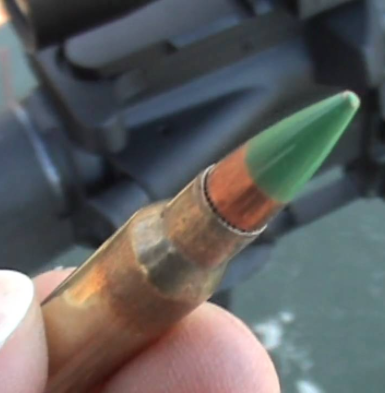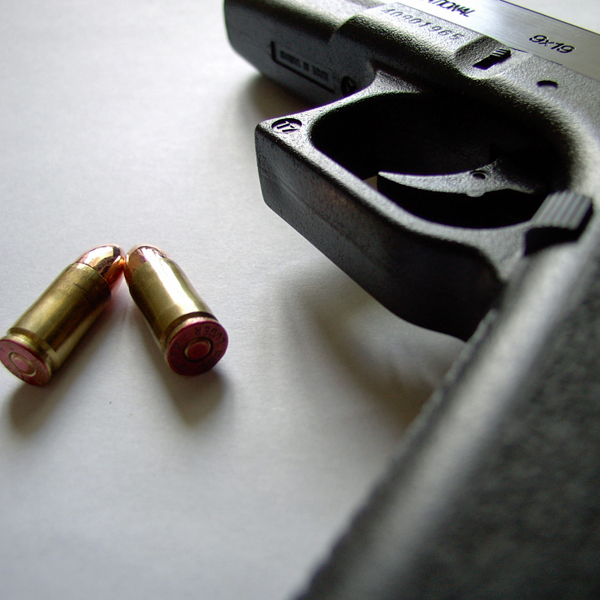One of Alan Gura’s cases, Mance v. Holder just won in district court. This case challenged the ban on interstate transfers of handguns through an FFL. You can find the opinion here.
In the absence of any evidence of founding-era thinking that contemplated that interstate, geography-based, or residency-based firearm restrictions would be acceptable, the Court finds that the federal interstate handgun transfer ban burdens conduct that falls within the scope of the Second Amendment.
Further:
To obtain a handgun from an out-of-state FFL retailer, the federal interstate handgun transfer ban imposes substantial additional time and expense to those who desire to purchase one. Restricting the distribution channels of legal goods protected by the Constitution to a small fraction of the total number of possible retail outlets requires a compelling interest that is narrowly tailored.
The court applied strict scrutiny, and despite the government’s attempts to argue they needed the restriction in order to prevent criminals from circumventing state guns laws, the judge wasn’t buying it. What’s also very interesting is that he argues that the Brady Act changed the game for the GCA ’68 restrictions, with the idea that in an era of instant background checks, some GCA requirements cannot stand up to strict scrutiny.
Pursuant to the Brady Act, before an FFL may sell or deliver a firearm to a non-FFL, he must complete a criminal background check through the National Instant Criminal Background Check System (“NICSâ€) to ensure the purchaser is legally entitled to obtain and possess the firearm. 18 U.S.C. § 922(t). States may also create a Point of Contact (“POCâ€), who acts as a liaison to NICS, to run the background check and receive notice of anticipated firearms purchases by its citizens. See 28 C.F.R. §§ 25.1-.2, 25.6(d). In other words, to complete a background check, the FFL contacts either (1) the state POC, if there is one; or (2) NICS, if the state has not designated a POC. See id. Current law therefore ensures potential purchasers can legally acquire and possess a firearm under state and federal law, and those states that desire to receive notice of firearms purchased by its citizens simply establish a POC.
Obviously, none of this infrastructure existed in 1968. Yet, in this case, it appears Defendants rely on statistics from the 1968 Senate Report to support the continued need for an in-state FFL in every out-of-state handgun transaction.
That could be used to build further cases.
The current law relating to rifles and shotguns provides an example of a narrowly tailored law, especially when it is taken together with instant electronic background checks, face-to-face meeting requirements, state POCs, and published compilations of state and local firearms laws.12 In short, the current statutory scheme presents less restrictive alternatives to achieve the goals that Congress identified in 1968, rendering the federal interstate handgun transfer ban not narrowly tailored.
The court then further argues that even if they applied intermediate scrutiny, the government’s case still fails, and that happens because this court applies intermediate scrutiny correctly, rather than using the concept to institute a standard that is barely, if any more demanding than rational basis scrutiny.
Based on the foregoing, it is ORDERED that Defendants’ Motion to Dismiss for lack of standing (ECF No. 15) is DENIED. It is FURTHER ORDERED that Plaintiffs’ Motion for Summary Judgment (ECF No. 21) is GRANTED, and Defendants’ Motion for Summary Judgment (ECF No. 15) is DENIED.
Accordingly, the Court DECLARES that 18 U.S.C. § 922(a)(3), 18 U.S.C. § 922(b)(3), and 27 C.F.R. § 478.99(a) are UNCONSTITUTIONAL, and Defendants are ENJOINED from enforcing these provisions. The Court will issue its final judgment separately.
SO ORDERED on this 11th day of February, 2015.
I’m sure it will take a while for FFLs to get updated on this, but unless the government appeals the ruling, and the decision is stayed or reversed, the 11th of February will go down as the day we won Interstate sales of handguns through FFLs. This is a great win for us, and one which I would like to congratulate and thank Mr. Gura and his plaintiffs.







